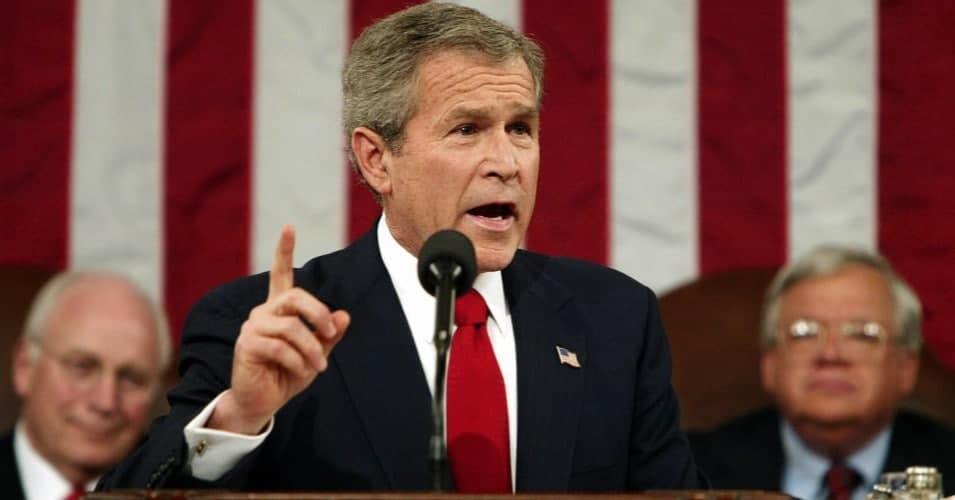BAGHDAD, Sept. 11 (Xinhua) -- U.S. military intervention policies under the pretext of fighting terrorism following the 9/11 attacks have instead provoked terrorism and rooted it in Iraq, the Middle East, as well as across the world, a political researcher has said.
The chaos caused by the U.S.-led invasion of Iraq not only encouraged terrorism to continue in the country, but also forced it to cross borders and become a regional issue, Hashim al-Shamma, a political researcher at the Iraqi Center for Legal Development, a non-governmental organization, said in a recent interview with Xinhua.
"We see what is happening in Syria and other countries of the region," he said.
The U.S.-led coalition invaded Iraq in March 2003 with allegations that the Saddam Hussein government harbored and supported al-Qaeda, the Islamist militant group that launched the 9/11 attacks, and that the country possessed weapons of mass destruction, although Washington failed to provide any concrete evidence of its allegations.
The years-long war has left hundreds of thousands of Iraqis dead, millions displaced and towns and cities destroyed. The occupation and ensuing chaos and insecurity have provided a significant chance for the growth of terrorist groups, including the Islamic State.
The United States created "a failed and conflicting state, and its democracy banner did not achieve any positive results," al-Shamma said, noting that a decade after the U.S. troops withdrawal from Iraq, Iraqis still yearn for stability and a chance for real democracy.
The real democracy the Iraqi people are trying to build is unlike the one brought by the United States, one that produced a weak government, a divided country and growing sectarian strife among Iraqis, the expert said.
"Under the slogan of combating terrorism, the United States is trying to extend its control all over the world," he added.
Al-Shamma noted that the United States and its allies did not understand Iraq's social composition and characteristics.
"The United States focused on the military side and neglected other aspects such as soft power and psychological interaction," al-Shamma said.
"The chaos will be open-ended if there is no real action to correct this great American mistake," the researcher added.





